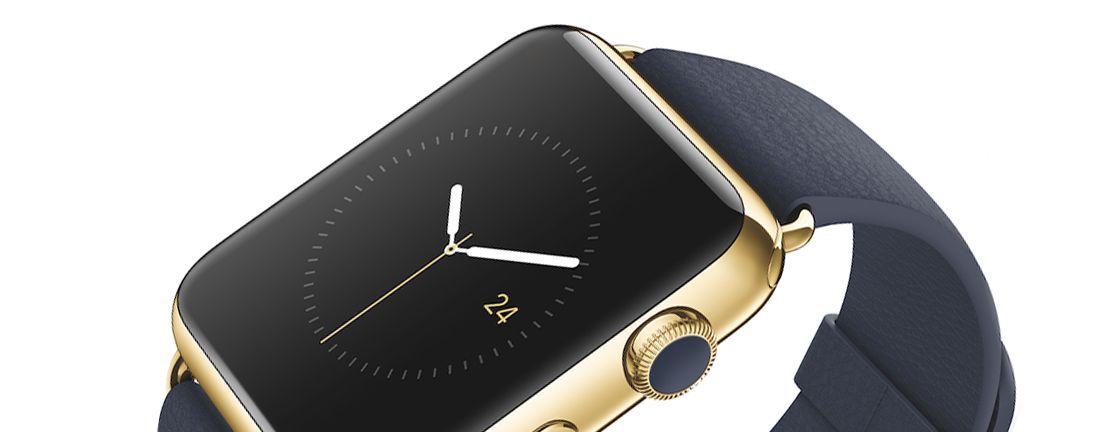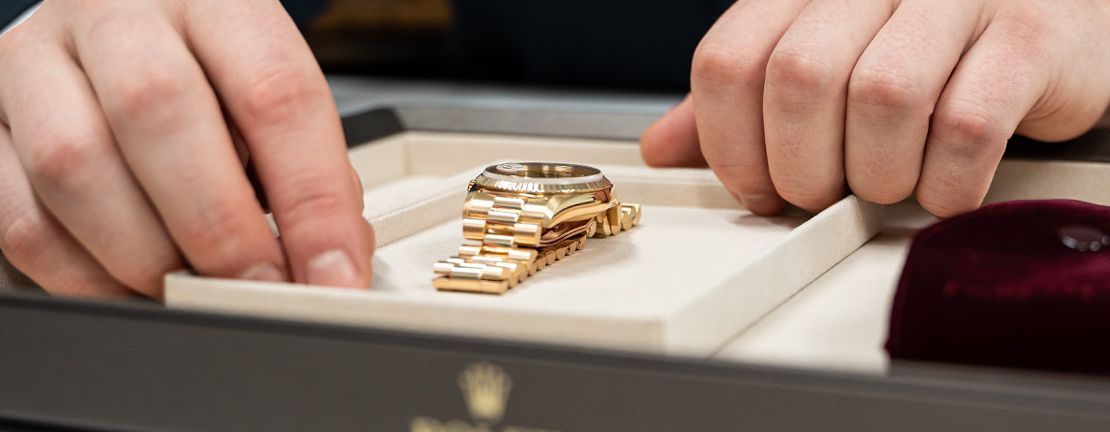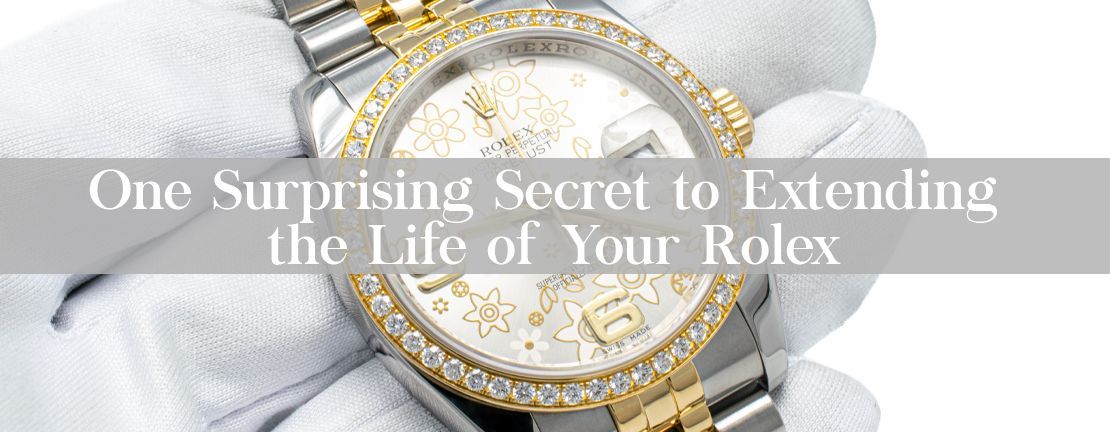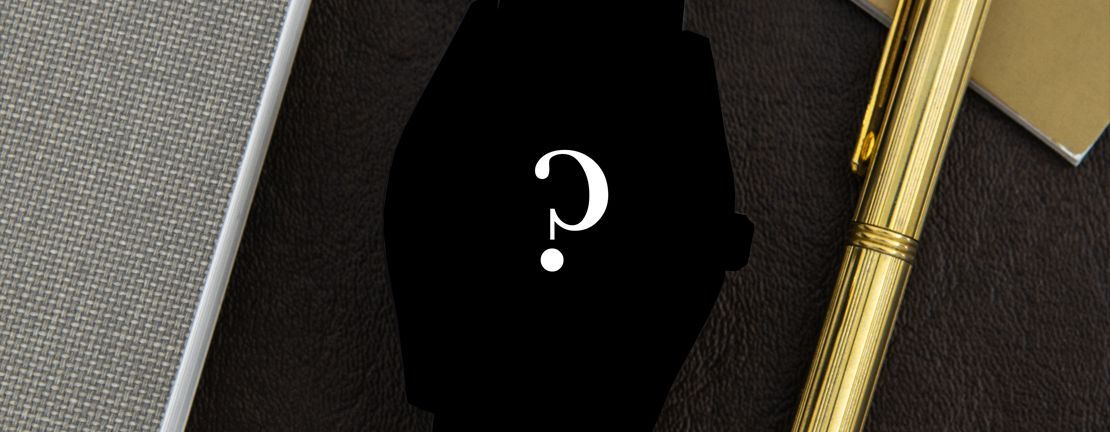The whole Apple Watch/Swiss luxury watch debate is getting a little redundant. Apple introducing a smartwatch will not “disrupt” the Swiss watch industry and it will not change what we think watches need to be. It’s not the end of the world nor is it the dawn of some new beginning. It is what it is… and I think that’s the best way to put it. Will this new piece of technology have an affect on both these areas? Absolutely; but I’m not sure how much trouble it’s really going to cause Switzerland, which is how Apple’s design chief, Jony Ive, put it in a New York Times article last September.
I think the first thing to do here is clarify a few things that will immediately debunk several thoughts you may have on the subject. When it comes to Rolex and other luxury watch brands, the Apple Watch is a different piece of technology altogether. In the case of Rolex, the brand and the mechanical timepieces it manufactures has solidified its place in culture as jewelry and art, as opposed to something that simply exists to tell you the time. This is confirmed by how they can last for decades and passed along from generation to generation, worn as “bracelets” or status symbols, and how they continue to rise in value instead of depreciate.
The Apple Watch by definition is a computer and therefor subject to Moore’s Law. Moore’s Law states that the computing power available will double every two years, and the hardware and cost will subsequently become more efficient. What this means for the Apple Watch is every few years, the technology it runs on will get exponentially better and eventually obsolete, whereas the technological advances made within horology are incremental.
Take owning a car versus a house: cars quickly sink in value due to the nature of the beast. The wear and tear, aesthetic and mechanical updates… eventually that vehicle will be past the point of repair, and thus, no longer worth your time or money. A house is still subject to modernization, such as appliances, decor, and its regular maintenance. But a house’s most valuable part, its basic structure, can last for centuries. One year I spent a lot of time in Germany and my Bavarian friends had a saying where they joked, “We have houses older than your country!”
Like a house, the technological updates to luxury Swiss watches are incremental, where the basic structure of what a luxury timepiece is will require a lot before it’s beyond repair or considered antiquated. As a computer, the Apple Watch or any other smartwatch by definition can not rise up to the status of jewelry. To put up an Apple Watch against a Rolex, you would be comparing apples and oranges. Pun intended.
Since we have established that a Rolex’s function beyond a wristwatch is jewelry or art to its owner in some form or another, the Apple Watch, too, has a wonderful purpose. Aside from my personal opinion that it will need some kinks to be worked out in later versions, the Apple Watch is a great addition to the tech market as an iPhone accessory (so eloquently put by Rob McNelis of Watch Judge). It’s undoubtedly the most beautiful smartwatch on the market, which I appreciate, so you can look quite stylish as you are getting reminders, checking your calendar, or at the gym using the health apps.
However, I believe the Apple Watch is overpriced to serve a main purpose of being used to time your miles ran or as an appointment reminder when your iPhone can already do that… but it can do something that hasn’t yet been done successfully. It will be able to satisfy consumers’ mid- to lower mid-range budgets who are not yet in the market for a luxury Swiss watch. What the Apple Watch will provide is the opportunity to own a fashionably “low-brow” status symbol, as if you are choosing something “inexpensive” on purpose and not because you have to.
And that is where the “disrupting” will come in — if that’s what you really want to call it, but I don’t think it deserves quite a strong word. Face it: no one buys a Michael Kors gold-plated watch because of its craftsmanship or recognizability; it’s selected because you are able to achieve a current accessory trend for 2% of the cost of a Rolex. This lower-end watch market will see a dramatic change over the next few years but unless Apple can create a paradigm shift disrupting generations of perception and history — changing how humans have valued jewelry for centuries — then the luxury Swiss watch industry will be pretty untouchable for right now.
What’s great about a watch from such an influential company, as so many have stated, is that it brings wristwatches to the forefront of fashion accessories; it’s now becoming a little more mainstream as opposed to a lot of people asking the purpose of spending money on a luxury timepiece when they could now “just check the time on their phone”.
Not only that, but the Apple Watch will be great — and eventually get even better — at what it’s supposed to do. I would absolutely love to have one for the gym and it will be a welcomed tool for those who rely on their iPhone to organize their lives. It’s just that: a tool, serving its purpose for whatever reason it would have for you. But it’s not revolutionary like the effect the iPhone had and it’s not going satisfy watch gurus or collectors, both the extremes of their respective field. It is what it is and will eventually do a great job to satisfy its purpose. So please stop wondering if the Apple Watch will take over Rolex, or any other luxury watch brand for that matter; it can’t be what it’s not.





